Gender
For Women, Female Peer Groups Are Crucial for Career Advancement
When women have more female peers in their MBA programs, they are more likely to reach senior management roles, according to a new study co-authored by Yale SOM’s Menaka Hampole.

Why It’s Harder for Women Founders to Get Venture Capital Funding
A new study co-authored by Yale SOM’s Heather Tookes shows that women are less likely to get funding compared to men with similar entrepreneurial history. One reason is that investors who have experienced a poor outcome from a woman-led startup shy away from other women founders—but benefitting from successes of women founders doesn’t lead them to invest more.
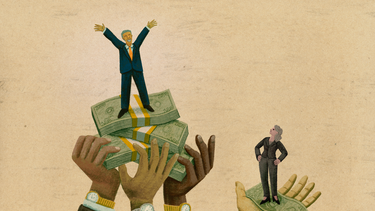
Doing What You Love Doesn’t Always Pay for Women
New research from Yale SOM’s Adriana Germano shows how the seemingly gender-neutral advice to “follow your passion” helps explain the gender gap in lucrative STEM fields.
Investors Reward Gender-Diverse Companies
Advocates have long made the case that hiring more women is the right thing to do, and that gender diversity helps firms be more effective. New research from Yale SOM’s Jennifer Dannals suggests another reason for a gender-diverse workforce: investors love to see it.

Video: Dating, Marriage, Parenting, and the Gender Wage Gap
Women earn 79 cents for every dollar that men make. But look beyond that widely cited statistic, and you’ll find a complex story of causes, effects, and correlations. Prof. Mushfiq Mobarak surveys the literature on the subject and argues that, to close the gap, we need to address society’s differing expectations around who bears the burden of family and parenting responsibilities.
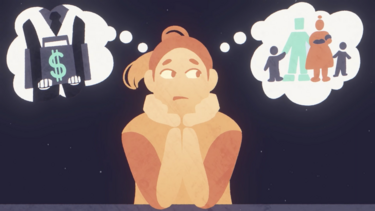
Is the Art Market Fair to Women?
Why do women artist appear less frequently at auctions and in galleries? A study of Yale Art School graduates over 120 years, co-authored by William Goetzmann of Yale SOM, suggests that institutions pose a bigger obstacle than market participants.
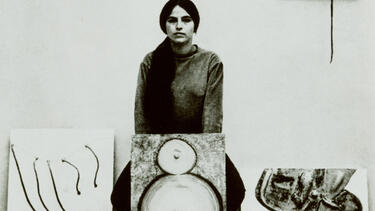
How Awards for Evaluators Can Reduce Gender Bias
Tristan Botelho and his co-author found that once recognized with Yelp’s Elite label, reviewers demonstrate less gender bias in their reviews. Workplaces could achieve a similar effect by subjecting managers’ hiring and promotion decisions to stronger scrutiny.

Women Aren’t Promoted Because Managers Underestimate Their Potential
Why are fewer women promoted to senior positions than men? In a study of a retail chain, Prof. Kelly Shue and her co-authors found that women got higher performance ratings than men but were incorrectly judged as having less leadership potential.
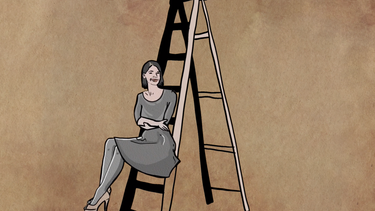
A Man and a Woman Walk into a Bar: How Gender Changes the Perception of a Bad Joke
Yale SOM’s Taly Reich has found one situation in which women, rather than men, are more likely to get the benefit of the doubt: when they tell jokes that fall flat.
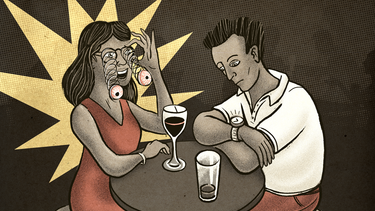
How COVID-19 Is Making Gender Inequality Worse in Low-Income Countries—and What to Do About It
Gender disparities in social and economic outcomes, already larger in the developing world than in rich countries, have been exacerbated by the pandemic. Policy action is badly needed to address the compounding of existing inequalities and protect the most vulnerable women.

Weakening Unions Can Lead to Gender Gap in Wages
In 2011, legislation in Wisconsin reduced the power of unions to negotiate teachers’ salaries. Within five years, male teachers started earning more than women did.
